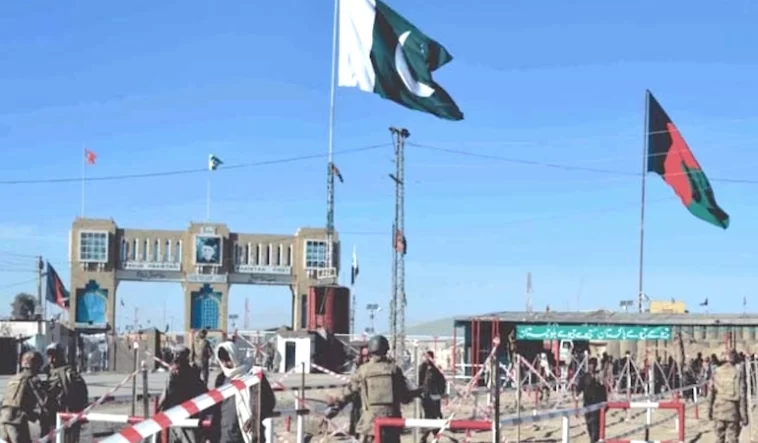As Pakistan deals with the recent resurgence of terrorism, it is focused on ensuring that the interim Afghan government follows through on its promises. In response to the growing threat posed by the banned Tehreek-e-Taliban Pakistan (TTP), the government is increasingly frustrated with the lack of cooperation from the Afghan Taliban.
In the wake of the latest attack in Peshawar, the deadliest in a decade, policymakers have been forced to consider their options. In dealing with the Afghan Taliban, the country’s decision-makers have limited options, according to sources.
According to one government official, “We have certain means of influence, but using them would only make matters worse”. While one of its commanders initially took responsibility for the suicide bombing at a mosque near the Peshawar Police Lines, the TTP has denied any involvement.
In Pakistan, it is believed that whichever group was responsible for the attack has safe havens in Afghanistan. Furthermore, the Afghan Taliban have taken the position that TTP is a problem within Pakistan and is not being used for terrorism on Afghan soil.
The acting Afghan foreign minister, Amir Khan Muttaqi, rejected Pakistan’s allegations and urged the country to thoroughly investigate the explosion. Nonetheless, a Pakistani official disputed Muttaqi’s claim, stating that terrorist sanctuaries have been reported by the United Nations, not only Pakistan. Moreover, the official noted that although Pakistan is committed to resolving issues through diplomatic channels, certain boundaries cannot be crossed.
The Pakistani government faces numerous challenges in the fight against terrorism, including limited options for dealing with the Afghan Taliban and safe havens for terrorist organizations. Diplomatic efforts are being made to find a resolution, but there are also certain red lines that cannot be crossed.


